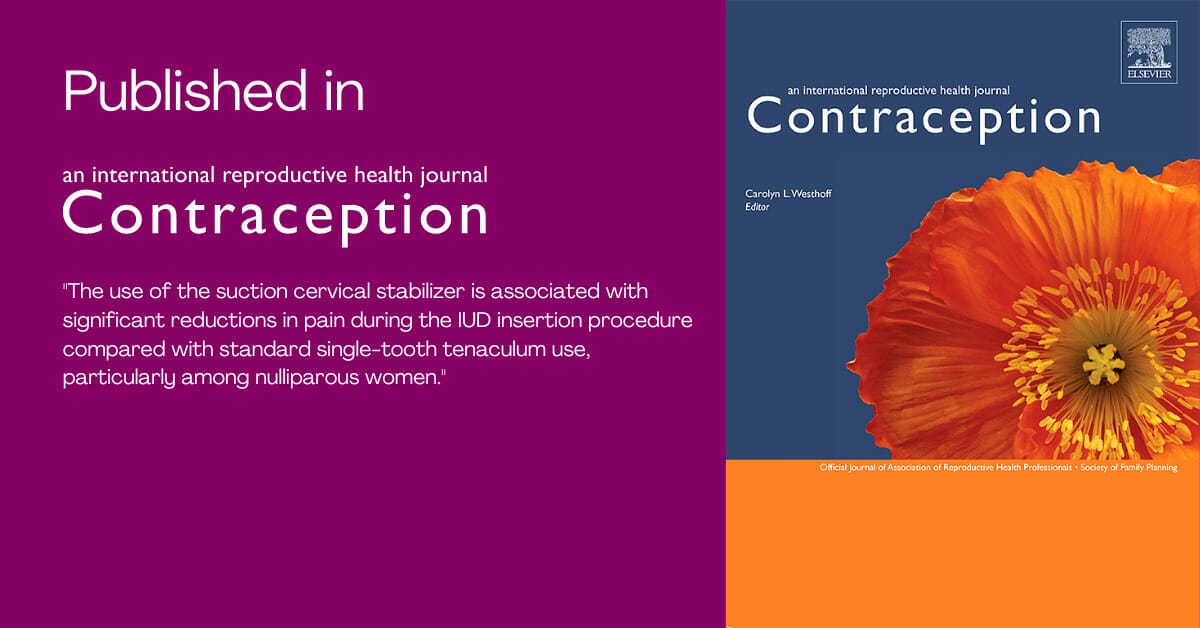
More than 40% of Pregnancies Globally are Unintended
Worldwide, about 85 million annual pregnancies are unintended, or >40% of all pregnancies. These pregnancies result in 50% abortions, 12% miscarriages, and 38% unplanned births.
The impact is substantial costs to healthcare systems, social services as well as significant emotional distress to women, and their families. In the US alone, the annual costs to the economy is estimated at 11 Billion US dollars.
Family Planning and the Need for Modern Contraceptives
Up to 100,000 maternal deaths could be avoided each year if women who did not want children used effective contraception. In fact, contraceptive failure or misuse is believed to be the culprit for 40% of these unplanned pregnancies.
If the need for contraception was fully satisfied, More than 50 million unplanned pregnancies could be prevented if the need for contraception was fully satisfied .
Contraception During COVID-19
Given the magnitude of this problem even in normal times, access to contraception becomes of critical importance in COVID-19 response.
Global organizations such as Family Planning 2020, United Nations Population Fund, the WHO among others are working diligently to coordinate efforts with global partners to ensure access to contraception as an essential element of the global health agenda.
At ASPIVIX, we praise these efforts, as we believe that access to contraception is a basic healthcare need for many women.
Resources:
WHO: Contraception/Family planning and COVID-19
FP2020: Access to Contraception is Critical in COVID-19 Response
UNFPA: COVID-19 Pandemic UNFPA Global Response Plan
Sources:
1. Access to contraception is critical in COVID-19 response
2. Bearak J., Popinchalk A, Alkema L, et al. “Global, regional, and subregional trends in unintended pregnancy and its outcomes from 1990 to 2014: estimates from a Bayesian hierarchical model”. Lancet Glob Health 2018; 6: e380–89 World Health Organization
3. World Health Organization. “The World Health Report 2005, Make Every Mother and Child Count”
4. World Contraception Day Coalition (WCD). “Global Perspectives on Unplanned Pregnancies”
5. Sedgh H, Singh S, Hussain R. “Intended and Unintended Pregnancies Worldwide in 2012 and Recent Trends”
6. Sonfield, A, Kathryn K, Rachel B. et al. “The Public Costs of Births Resulting from Unintended Pregnancies: National and State-Level Estimates”
Share this story:










